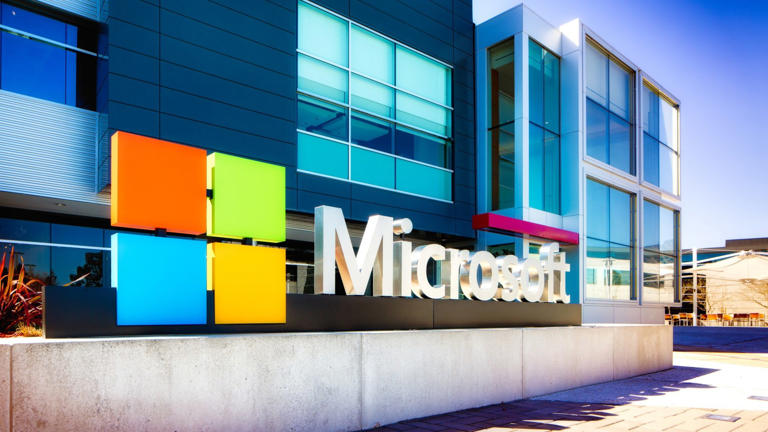The story of Microsoft’s meteoric rise since its initial public offering (IPO) in 1986 is one often cited to illustrate the power of stock market investing. Imagine this: if you had invested just $1,000 in Microsoft stock at its IPO, that initial investment would have ballooned to over $4.5 million by now. And what’s more, with Microsoft’s consistent dividend payments, you could potentially earn a passive income of $1,000 per month just from those dividends alone — provided, of course, that you hold a substantial number of shares.
To give you a better understanding, let’s delve into a recent analysis from Benzinga, published on March 8, which explored the potential dividend payout from investing in Microsoft stock. At the time of the analysis, Microsoft was paying out a dividend of $0.75 per share annually. With Microsoft’s stock price hovering around $409.14 per share, the dividend yield was approximately 0.72%.
Now, let’s break down how you could earn $1,000 per month from Microsoft dividends. To achieve this monthly income target, you would need an investment value of roughly $1,643,836. This translates to owning approximately 4,018 shares of Microsoft stock at a price of $409.14 per share.
The calculation is straightforward: you divide your desired annual earnings target ($12,000) by the dividend yield of the stock (0.73%). In this case, $12,000 divided by 0.0073 equals $1,643,835.62, the estimated investment value required to generate a monthly income of $1,000 from dividends.
It’s crucial to note that these calculations were based on Microsoft’s stock price at the time of the analysis, and market conditions may have changed since then. However, the fundamental principle remains the same: to earn substantial dividends from a blue-chip stock like Microsoft, you need to make a significant investment in the company’s shares.
In summary, while the potential for significant returns from stock market investments is undeniable, it often requires substantial capital and a long-term investment horizon. Microsoft’s success story serves as a compelling example of the wealth-building potential inherent in prudent investing in high-quality companies.
